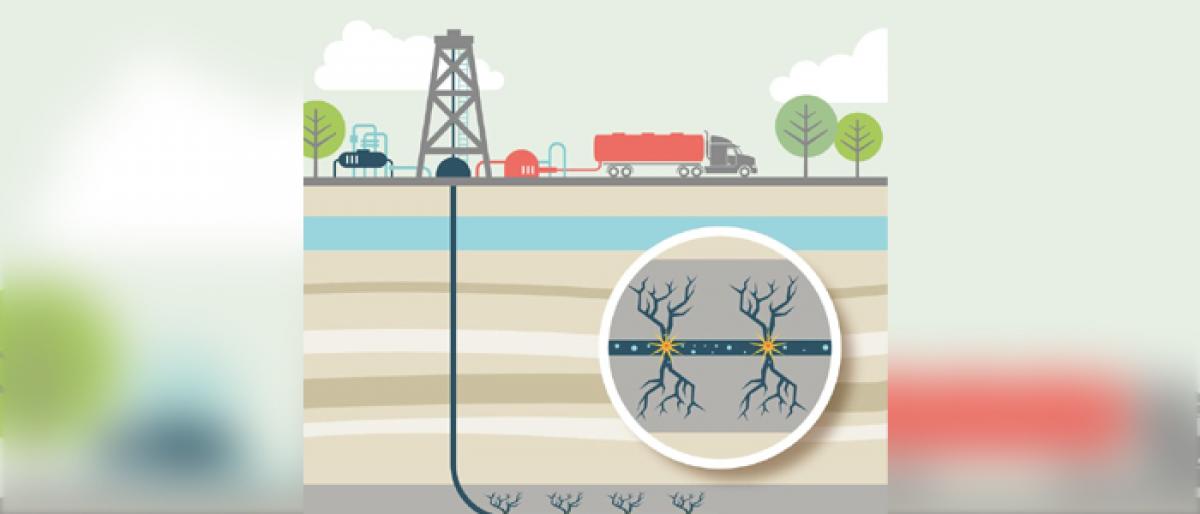Fracking basics

The Republic of Ireland has become the fourth European country and European Union EU member to ban onshore fracking
The Republic of Ireland has become the fourth European country and European Union (EU) member to ban onshore fracking.
Shale gas development took place on a large scale especially in the U.S. In fact, before the recent emergency of a low energy price trend that is unlikely to last for long, shale gas was about to reverse the role of the U.S. as the world’s largest energy importer.
However, the technological and commercial success story of shale gas has come with major ecological problems and risks, especially as regards the use and pollution of water. Popular protests against fracking have become widespread in the U.S. and Europe. While in India, the present shale gas resource is not very high.
It is about 100 Trillion Cubic Feet (TCF), which is sufficient to meet India’s gas demand at the current level for about 25 years. Also, the shale gas basins in India are not as prolific as those in the US. Shale gas extraction therefore will be difficult and more expensive in India compared to the US.
Nevertheless, considering the desperate natural gas situation in the country, the government is looking to unlock this resource. However, there is a fear that large-scale development of shale gas could impact the environment and the lives and the livelihoods of communities, writes https://in.boell.org.
According to BBC, fracking is the process of drilling down into the earth before a high-pressure water mixture is directed at the rock to release the gas inside.
Water, sand and chemicals are injected into the rock at high pressure which allows the gas to flow out to the head of the well. The process can be carried out vertically or, more commonly, by drilling horizontally to the rock layer and can create new pathways to release gas or can be used to extend existing channels. The term fracking refers to how the rock is fractured apart by the high pressure mixture.
Fracking is like a forced earthquake. Environmental campaigners say fracking comes with a huge risk of contaminating water supplies due to the chemicals used in the process. By releasing toxic, radioactive gases and carcinogens, exposing people, land, and water to illness and poison, fracking has caused debilitating health and environmental damage, reports https://www.downtoearth.org.in.








